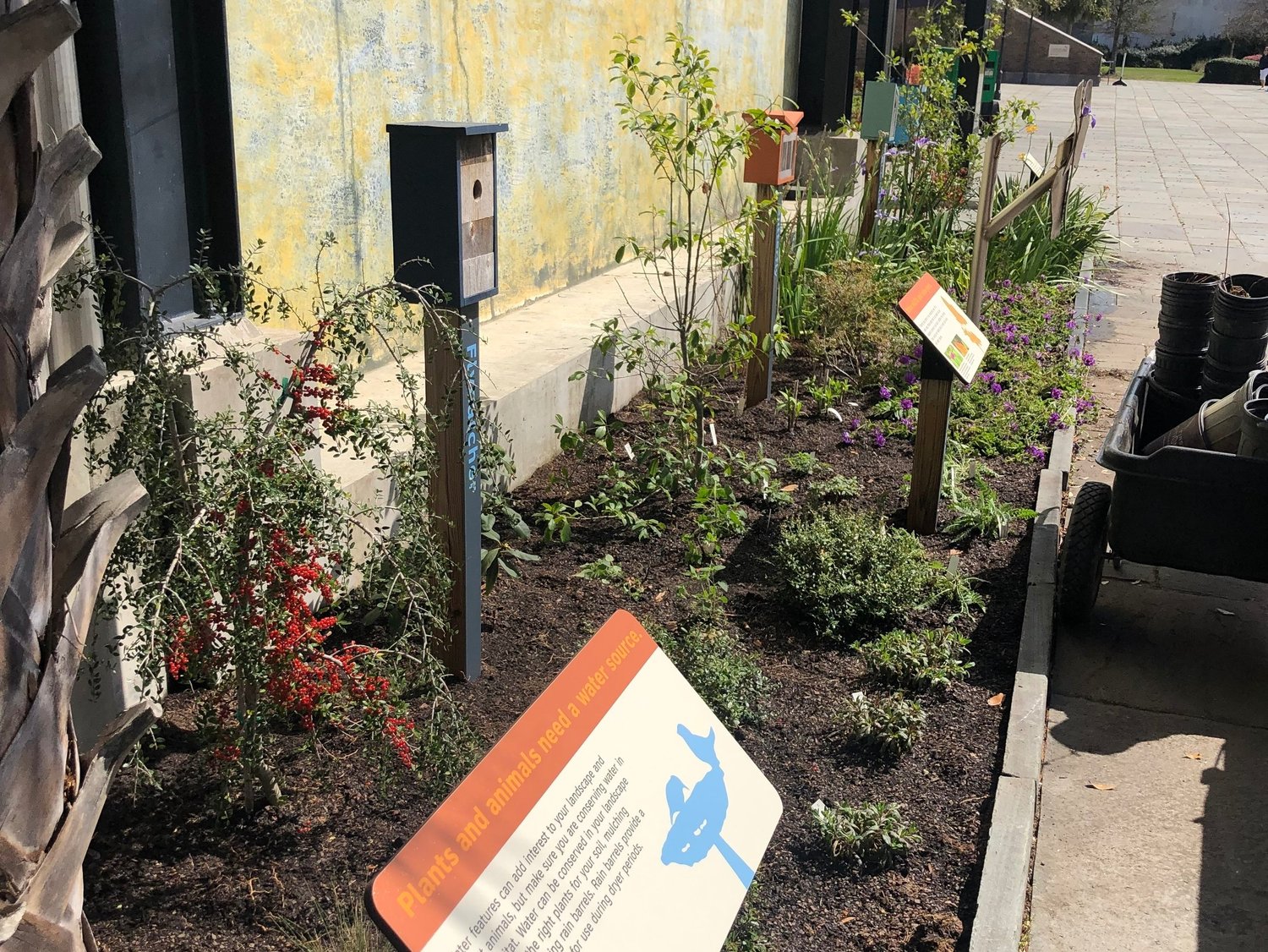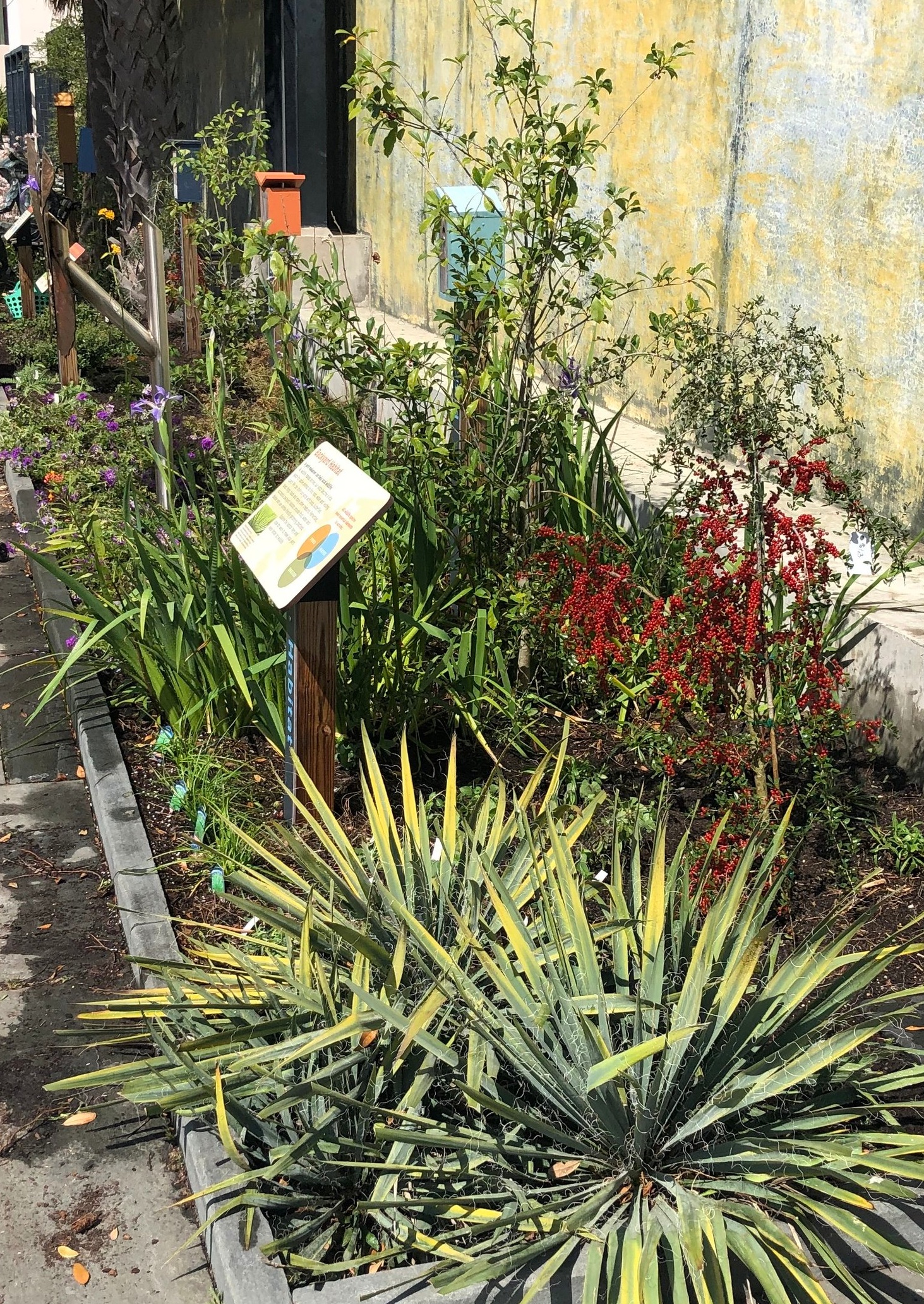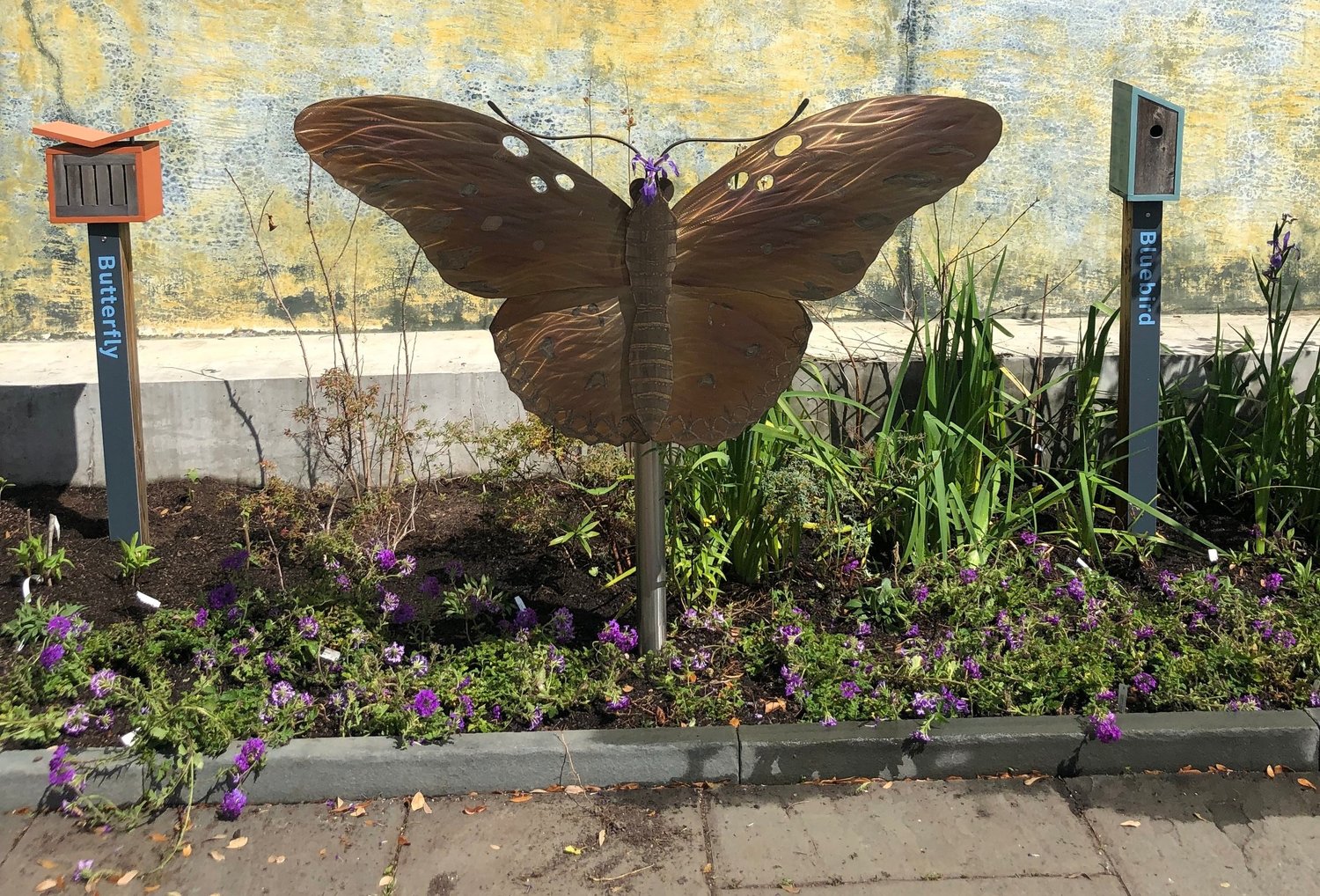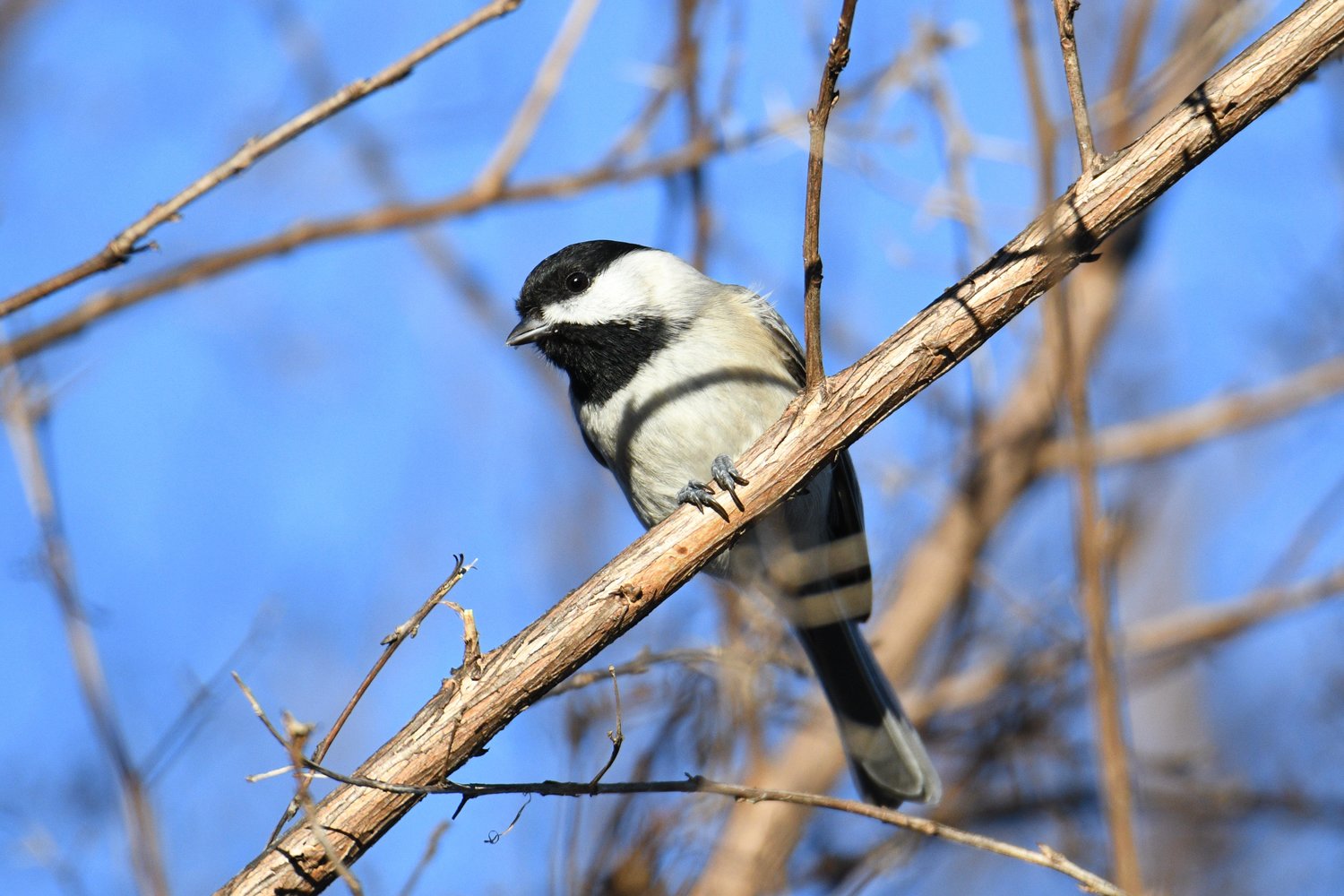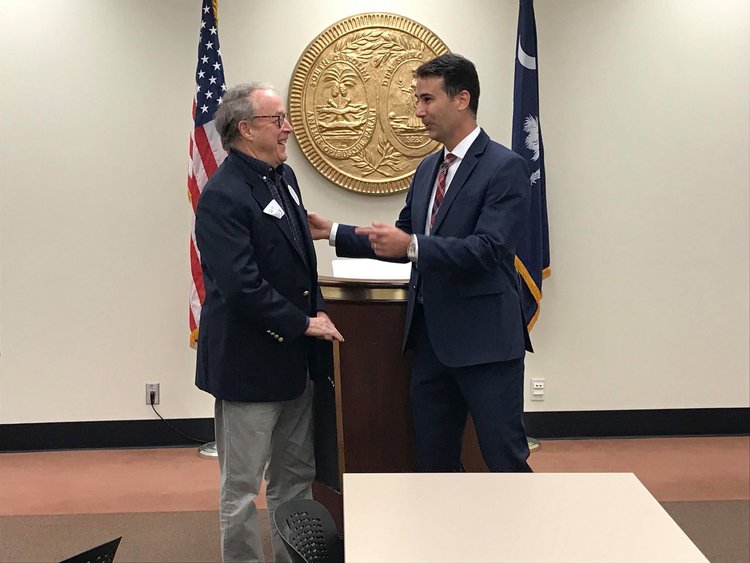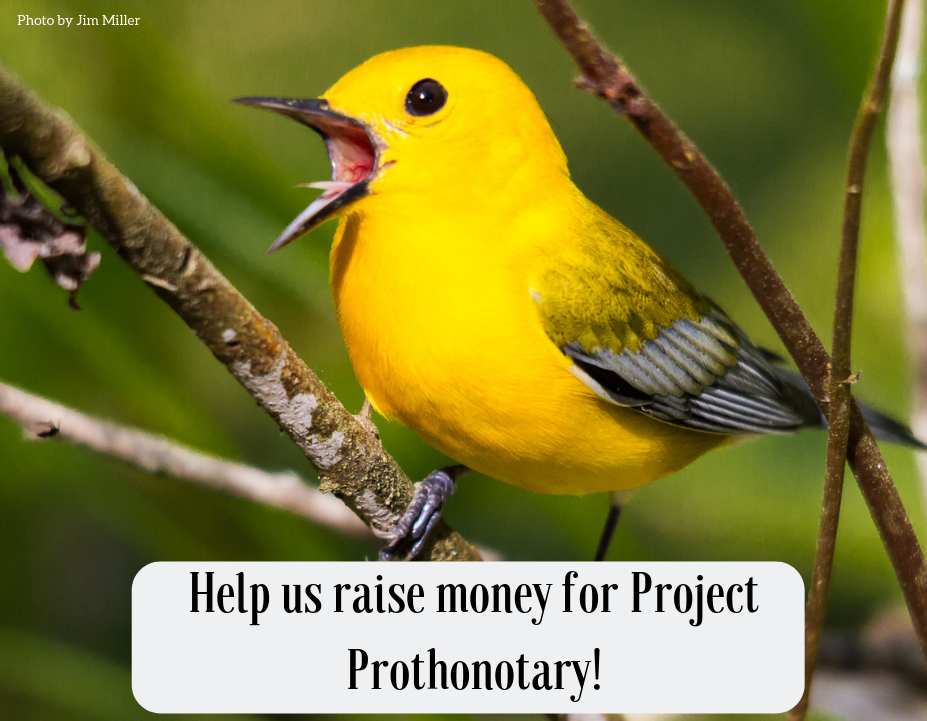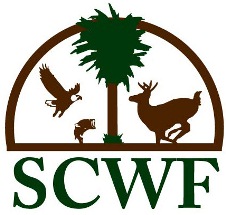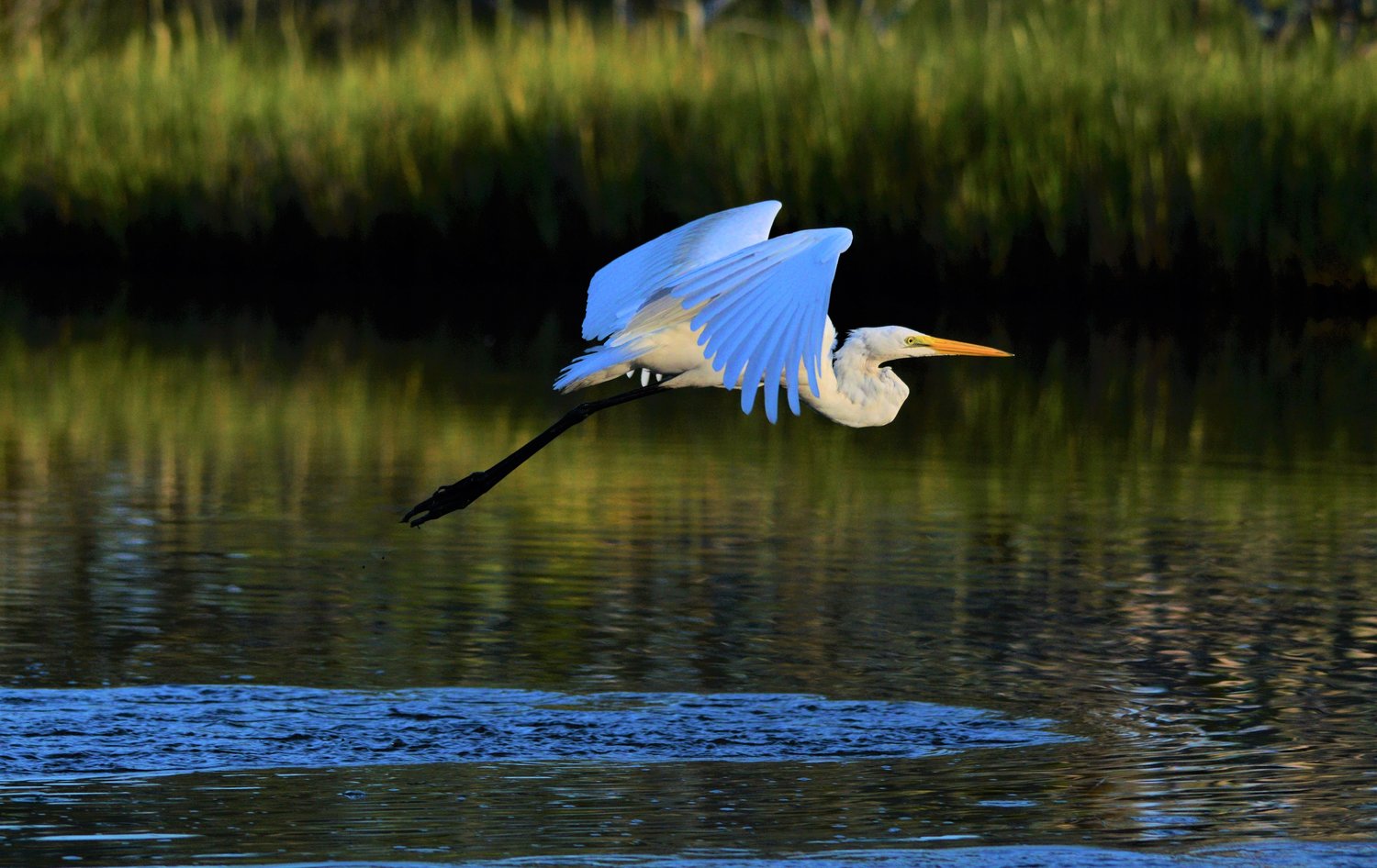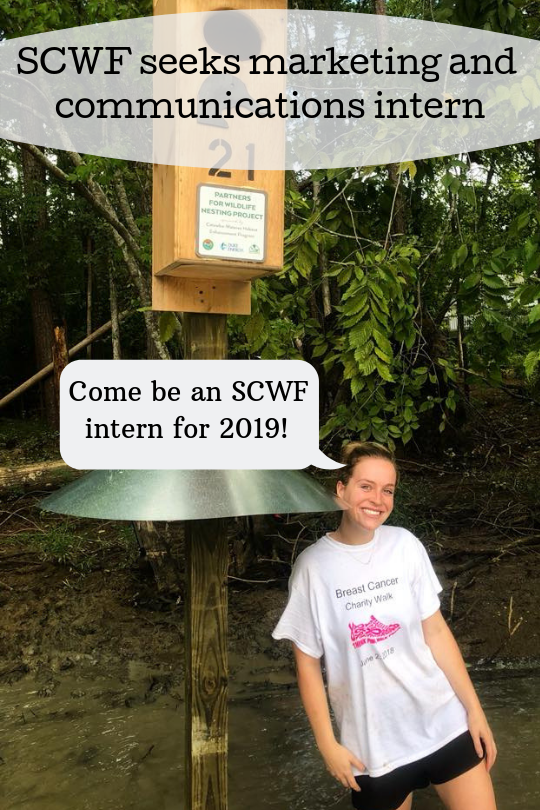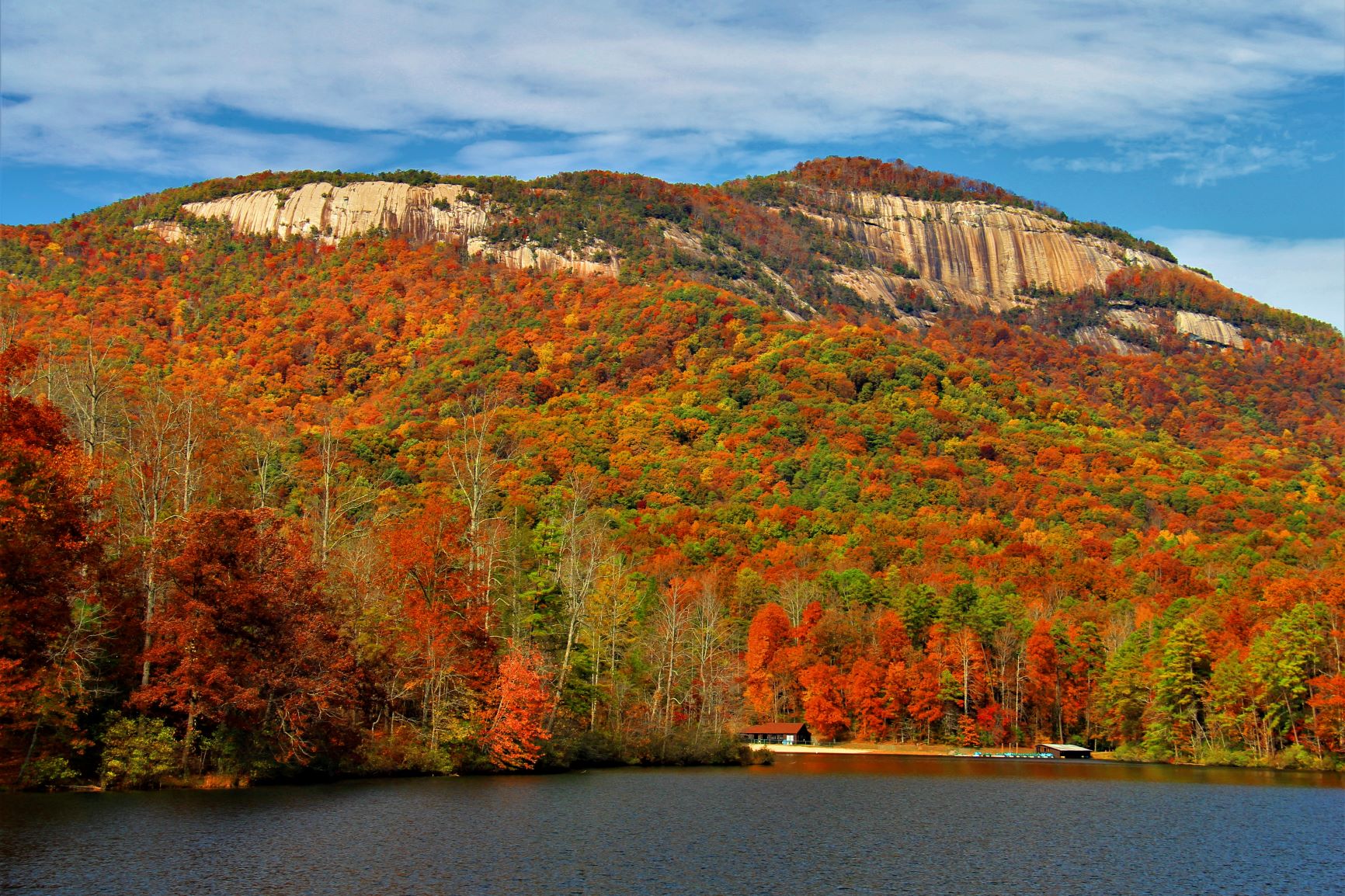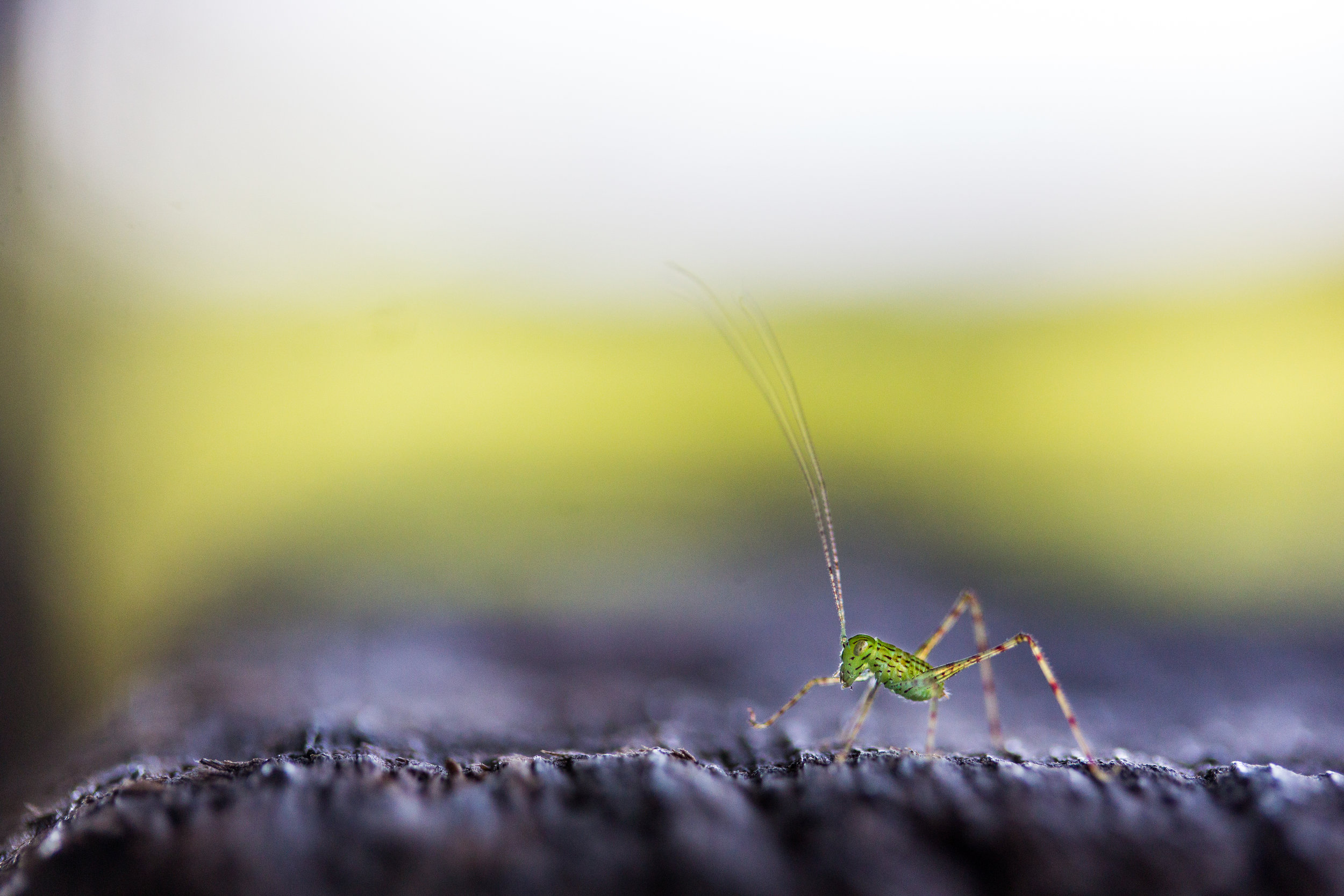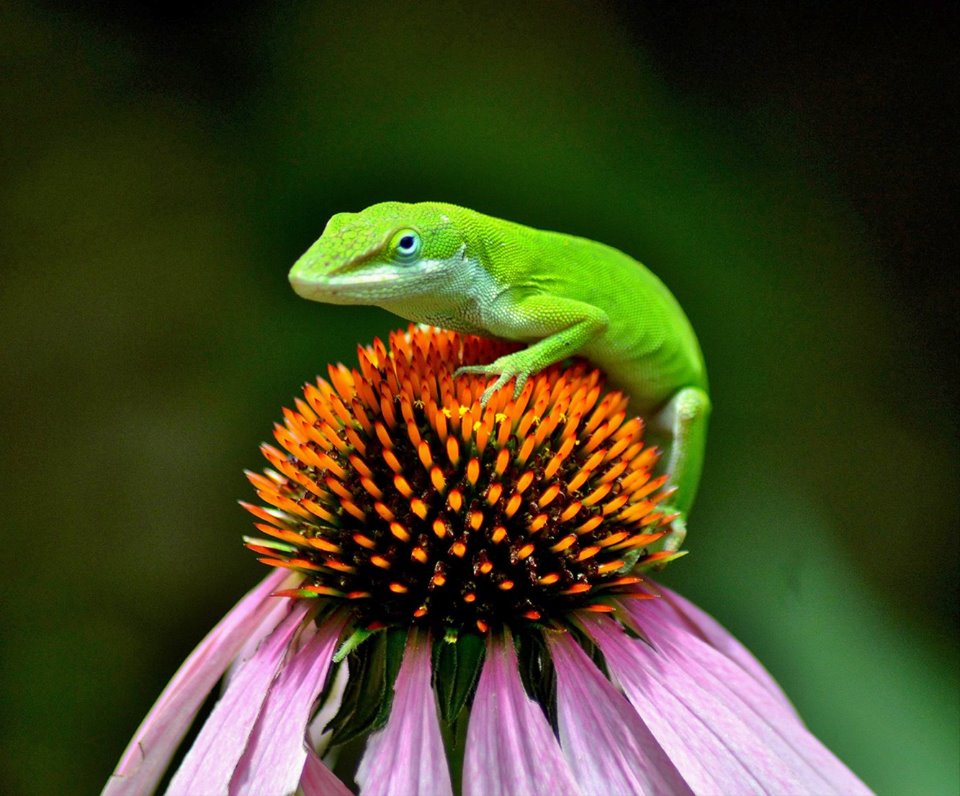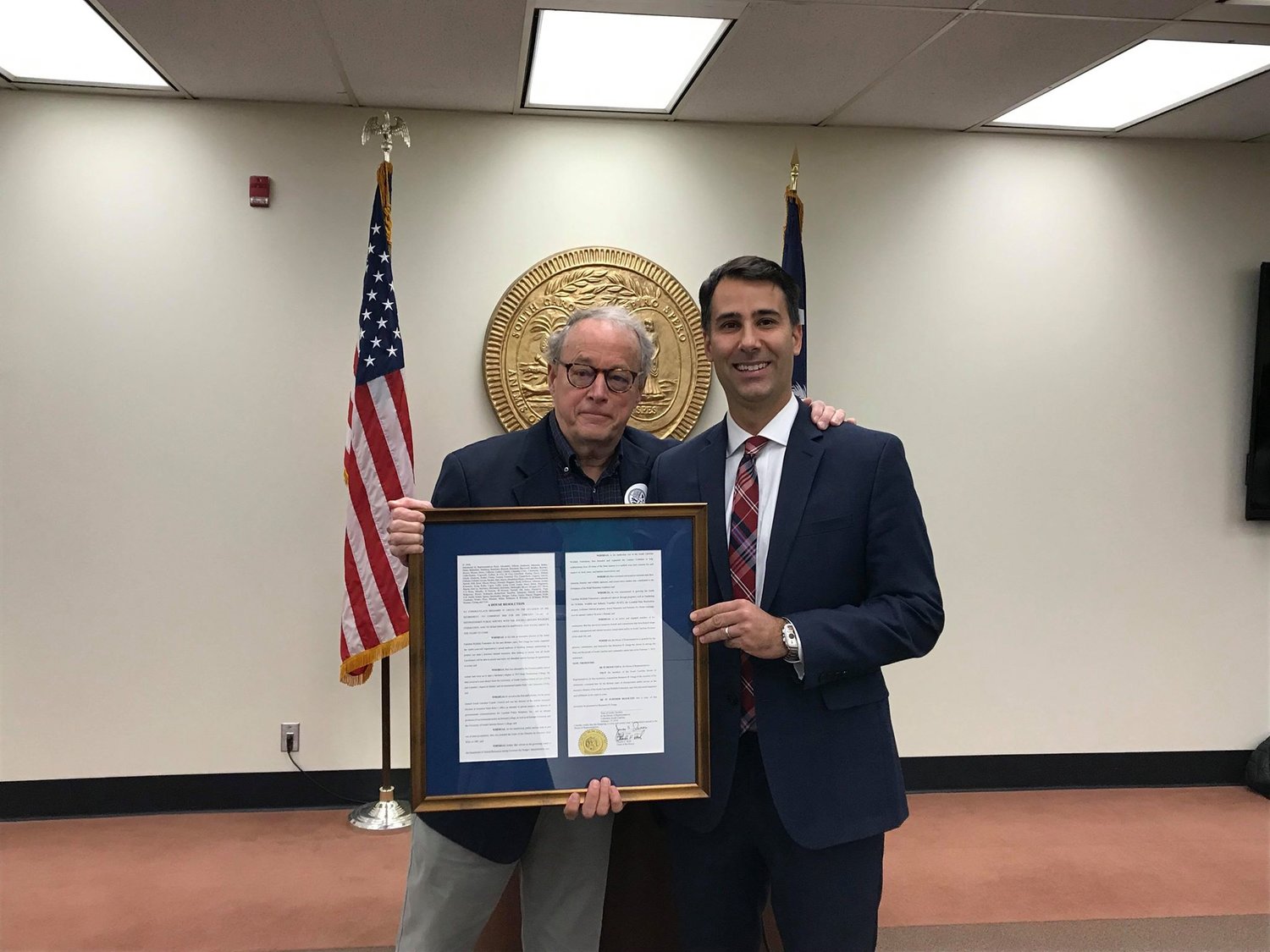
On February 13th 2019 a House Resolution was unanimously passed to honor Ben Gregg for his 13 years of service with the
South Carolina Wildlife Federation. The resolution was introduced and presented by Rep. Seth Rose on Thursday, February
21st. It is a well-deserved honor and we are very grateful to Ben for his time with us.
A HOUSE RESOLUTION
TO CONGRATULATE BENJAMIN H. GREGG ON THE OCCASION OF HIS RETIREMENT, TO COMMEND HIM FOR HIS THIRTEEN YEARS OF
DISTINGUISHED PUBLIC SERVICE WITH THE SOUTH CAROLINA WILDLIFE FEDERATION, AND TO WISH HIM MUCH HAPPINESS AND FULFILLMENT
IN THE YEARS TO COME.
Whereas, in his role as executive director of the South Carolina Wildlife Federation for the past thirteen years, Ben
Gregg has vastly expanded the eighty-year-old organization’s proud tradition of building strategic partnerships to
protect our state’s precious natural resources, thus helping to ensure that all South Carolinians will be able to access
and enjoy our abundant natural heritage for generations to come; and
Whereas, Ben was educated in the Florence public school system and went on to earn a bachelor’s degree in 1971 from
Presbyterian College. He later received a juris doctor from the University of South Carolina School of Law (1974) and a
master’s degree in forestry and environmental studies from Yale University (1976); and
Whereas, he served as the first staff attorney for the newly formed South Carolina Coastal Council and was the director
of the natural resources division in Governor Dick Riley’s office, an attorney in private practice, the director of
governmental communications for Carolina Public Relations, Inc., and an adjunct professor of environmental policy at
Brevard College, as well as at Furman University and the University of South Carolina Honors College; and
Whereas, for his meritorious public service both in and out of state government, Ben was awarded the Order of the
Palmetto by Governor Dick Riley in 1987; and
Whereas, further, Ben served on the governing board of the Department of Natural Resources during Governor Jim Hodges’
administration; and
Whereas, in his leadership role at the South Carolina Wildlife Federation, Ben founded and organized the Cammo Coalition
to help outdoorsmen from all areas of the State express in a unified voice their concern for, and support of, land,
water, and habitat conservation; and
Whereas, Ben convened conversations between state farm interests, forestry and wildlife agencies, and conservation
leaders that contributed to the formation of the Rural Resource Coalition; and
Whereas, he was instrumental in growing the South Carolina Wildlife Federation’s educational mission through programs
such as Gardening for Wildlife, Wildlife and Industry Together (WAIT), the Longleaf Pine Restoration project, Pollinator
Habitat programs, Junior Naturalist and Palmetto Pro Birder trainings, and the annual Outdoor Women’s Retreat; and
Whereas, as an active and engaged member of his community, Ben has served on numerous boards and commissions that have
helped shape wildlife management and natural resource conservation policy in South Carolina for most of his adult life;
and
Whereas, the House of Representatives is grateful for the passion, commitment, and dedication that Benjamin H. Gregg has
shown in serving the State and the people of South Carolina and is pleased to salute him on his February 1, 2019,
retirement. Now, therefore,
Be it resolved by the House of Representatives:
That the members of the South Carolina House of Representatives, by this resolution, congratulate Benjamin H. Gregg on
the occasion of his retirement, commend him for his thirteen years of distinguished public service as the executive
director of the South Carolina Wildlife Federation, and wish him much happiness and fulfillment in the years to come.
Be it further resolved that a copy of this resolution be presented to Benjamin H. Gregg.
STATUS INFORMATION
House Resolution
Sponsors: Reps. Rose, Alexander, Allison, Anderson, Atkinson, Bailey, Bales, Ballentine, Bamberg, Bannister, Bennett,
Bernstein, Blackwell, Bradley, Brawley, Brown, Bryant, Burns, Calhoon, Caskey, Chellis, Chumley, Clary, Clemmons,
Clyburn, Cobb-Hunter, Cogswell, Collins, B. Cox, W. Cox, Crawford, Daning, Davis, Dillard, Elliott, Erickson, Felder,
Finlay, Forrest, Forrester, Fry, Funderburk, Gagnon, Garvin, Gilliam, Gilliard, Govan, Hardee, Hart, Hayes,
Henderson-Myers, Henegan, Herbkersman, Hewitt, Hill, Hiott, Hixon, Hosey, Howard, Huggins, Hyde, Jefferson, Johnson,
Jordan, Kimmons, King, Kirby, Ligon, Loftis, Long, Lowe, Lucas, Mace, Mack, Magnuson, Martin, McCoy, McCravy, McDaniel,
McGinnis, McKnight, Moore, Morgan, D.C. Moss, V.S. Moss, Murphy, B. Newton, W. Newton, Norrell, Ott, Parks, Pendarvis,
Pope, Ridgeway, Rivers, Robinson, Rutherford, Sandifer, Simmons, Simrill, G.M. Smith, G.R. Smith, Sottile, Spires,
Stavrinakis, Stringer, Tallon, Taylor, Thayer, Thigpen, Toole, Trantham, Weeks, West, Wheeler, White, Whitmire, R.
Williams, S. Williams, Willis, Wooten, Young and Yow
Document Path: l:\council\bills\rm\1156dg19.docx
Introduced in the House on February 13, 2019
Adopted by the House on February 13, 2019
